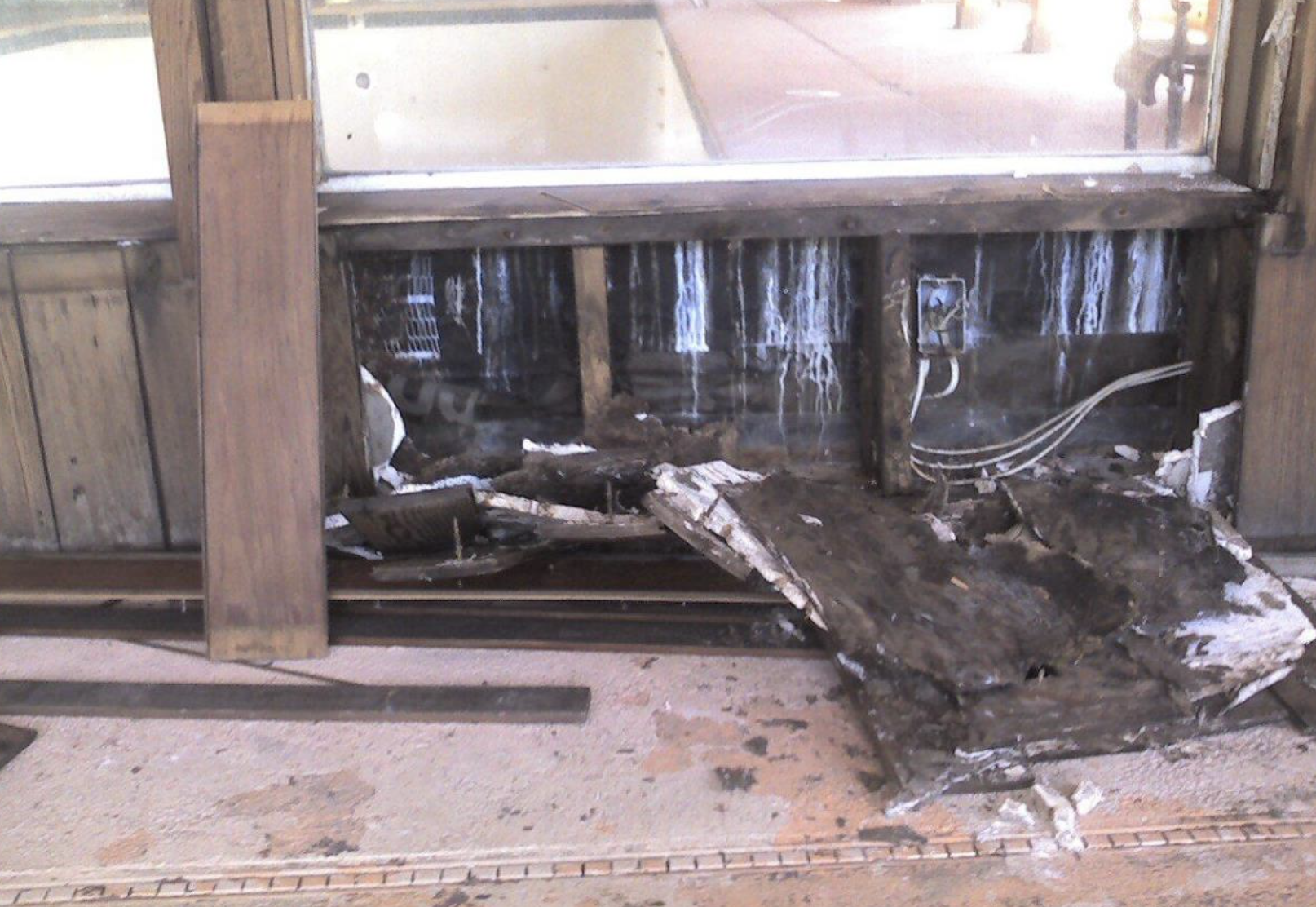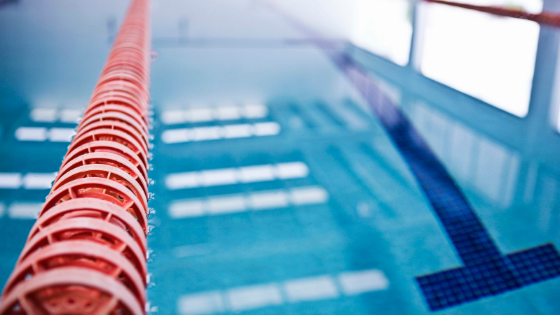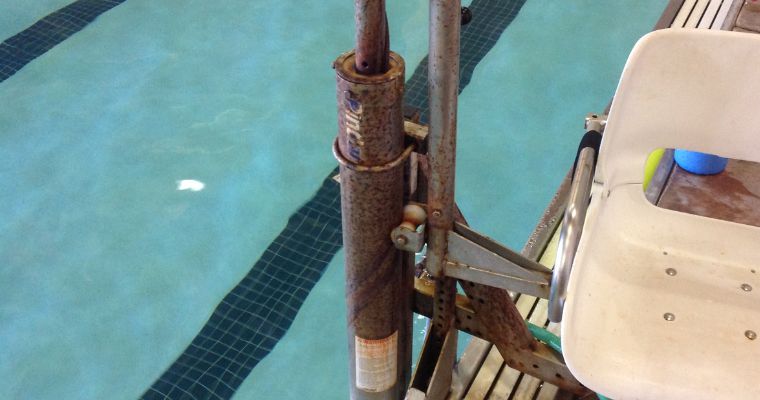Is a Home Indoor Pool Right for You?
We receive a surprising amount of requests for help with home indoor pools, also known as residential natatoriums. Contractors and homeowners alike seek our opinions and guidance when it comes to designing indoor pools, even though home pools are not our bread and butter. But here we are, as requested, sharing information that will hopefully help you make a more informed decision.
Covered in this article:
Pros and Cons of residential indoor pools
Millions of homes across America have swimming pools, but very few have indoor swimming pools. As you can imagine, indoor pools cost more to build and operate. Let's discuss the pros and cons.
Pros
Indoor pools can be heated and used year-round, no matter where the home is located. Outdoor backyard pools in much of the country are closed for 6-8 months out of the year. Another benefit is you can use them in just about any weather (except during a thunder/lightning storm, for safety reasons). So if you are all about climate control, perhaps an indoor pool makes sense for you. The other benefit is those pesky teenagers won't be able to hop the fence and skinny dip in your pool at night (unless they are willing to risk a B&E conviction on their criminal record).
Cons
Indoor pools are more expensive to build, operate, and maintain than outdoor pools. In fact, they're just expensive, period. More on costs in the next section. Indoor pools also require a pool dehumidifier (no, air conditioners are not adequate) and special construction considerations like vapor barriers everywhere. This includes sealing lights, outlets, all walls, door seals, etc.. Vapor will push its way out of the natatorium, and if you do not have a sufficient vapor barrier, that moisture can destroy insulation, wood framing, drywall, electrical fixtures, and other building materials.
Even if a home indoor pool is built perfectly–including vapor barrier, dehumidification, airflow design and source-capture exhaust–you still need to maintain the water chemistry and pool equipment. But to be fair, this must be done for an outdoor pool too. But this article is not a comparison between the two types of pools. It's just food for thought if you are considering an indoor pool in your house.
Cost of an indoor pool
Whether it's a commercial pool or residential pool, some costs are universal. The projects are more alike than different. Yes, there are different needs based on bather load, room size and other factors. But the fundamental design principles still apply. We are not able to give actual dollar amounts here, because prices fluctuate over time, and based on where you are located. But since you're asking, here's a WIDE range of pool costs we have seen: on the low end, the pool was $80k and the rest of the project was $200k. On the high end, we have seen indoor pools over $7 million. There are simply too many variables to help you dial in your costs....sorry. This section is just to illustrate things you must consider.
Design
One of the most costly mistakes you can make as a homeowner is cutting corners in the design phase. An indoor pool is far more complex than a kitchen or bathroom remodel. If not more complex, indoor pools are at least unique and different than other projects. For one thing, we're talking about a very heavy vessel filled with water. Structural engineering is important, especially if your home is on a hillside. Having a qualified pool designer is paramount to success.
The same goes for a qualified architect and mechanical engineer. Find an engineer who knows ASHRAE §62.1 and understands it completely. We would love to help you too, but honestly, residential pools are not a good fit for our services. We get calls [surprisingly] frequently about residential projects, but we refer the projects to people who are better suited for such jobs. We'll cover more on design considerations in the next section.
Building Materials
Indoor pools are a constant source of moisture (or vapor) that rises and expands. This moisture, as mentioned earlier, will push its way through anything porous (including concrete, drywall and brick) to equalize with the vapor pressure outside the natatorium. It's physics, not our opinion. A vapor barrier is essential. Fortunately, specialized paint products can serve as a vapor barrier, but these are more expensive than normal interior paint.

Doors and window frames should not be wooden, because moisture will destroy wood over time. Fixtures and fittings should be corrosion and moisture proof (or at least resistant). That means selecting lights appropriate for indoor pools, not your living room. Along these lines, normal sheetrock (drywall) fails in natatoriums, so consider the same waterproof sheetrock used to line showers and tubs. And thanks to off-gassing DBPs like chloramines, no galvanized metal should be exposed. Even stainless steel will corrode over time. Instead, use epoxy-coated metals or plastics. Chloramines in the air are vicious and destructive. We strongly recommend a Paddock Evacuator® to remove said chloramines.
Construction
These costs depend on whether or not the home is new construction, or if this pool is part of renovating/adding to an existing home. Just know that digging the pool requires a mini excavator, so the hole will need to be dug prior to building the walls. That sounds like common sense, but we've seen this mistake before. Talk about a frustrating "oops".
The electrical requirements for the pool equipment and the dehumidifier are more than your home may have wired. Most pool dehumidifiers run on 460v 3-phase, and most homes do not have that capability. So you will need an electrician to upgrade your electrical situation.1
There are many more things we could put in this section, but this article is just an overview. One final thing worth mentioning is getting a certified pool builder, NOT just any contractor to build and plumb the pool. It's a running joke in the pool industry when General Contractors (GC's) try to build a pool. Let's just put it this way, there's more to it than it looks. Have the GC sub-contract a good pool builder. You'll be glad you did.2
Home indoor pool design considerations
Where should we begin? Well first, we have another article about the top five mistakes we see in natatorium design. Avoid those, and other unindended natatorium mistakes. Second, be sure your architect has the pool people communicating with the air people. In commercial pools, this gap between trades is why our company exists (we are bilingual; we speak fluent water AND air3). On a residential natatorium project, the space is generally much smaller than an average competition pool, so there is almost no room for error.
On the air side, use duct that will not rust or corrode. One good option is a anti-microbial fabric duct. Another would be aluminum or epoxy-coated supply duct (or what we would call 'rigid' duct). One thing we would avoid is floor supply duct, but it all depends on where you return intake is located. And of course, source-capture Evacuator® exhaust is a must for these small spaces. You don't realize how critical it is until the corrosion in the room begins ruining your mood (and home).
On the water side, consider a retractable automatic pool safety cover. This not only saves energy, it can also save lives. And yes, it also suppresses CO2 (and therefore pH) and chloramines from off-gassing, which can lead to pent-up bad air quality when you open the cover. But again, if you have proper ventilation and source-capture exhaust, fear not, my friend.
As for water chemistry, AVOID SALTWATER SYSTEMS INDOORS. Saltwater pools are not "chlorine free". They are chlorine pools that generate their own chlorine with electrolysis. We are not exactly sure why, but the indoor air quality challenges seem to be far worse in saltwater pools than traditional chlorine pools. For chlorine, we suggest either liquid sodium hypochlorite or cal hypo. Not trichlor or dichlor, because you do not need cyanuric acid in an indoor pool.
Consider chemical automation too, but this is not 100% necessary because residential bather loads are small compared to most commercial loads. We could talk for days about all this so let's just move on while we have the chance.
Is a pool in your home a good investment?
This is the half-million dollar question, isn't it? The answer, of course, is it depends. We look at this as a luxury item, no different than a backyard pool. In fact, it's similar to buying undeveloped land. Is buying land a good investment? It could be, if you choose to develop it or one day sell it for a profit. But if you're buying it to hunt or camp or just escape, the financial ROI may not exist. But ask any recreational land owner and they will tell you they did not buy the land for financial ROI. They bought it because they were investing in a lifestyle, or their family, or something else along those lines.

Not all investments should be looked at from a perspective of financial returns. Unless you're in an upscale neighborhood with comparable homes with pools, an indoor pool is most likely not a good financial investment. Many prospective home buyers might be intimidated by the pool and turn down the property because of it. Just being honest. But then again, if conditions are right (and the natatorium is well maintained), it could boost the value of your property significantly. But from a family/lifestyle/fun perspective, an indoor pool might be the best investment of your life. It just depends on your financial tolerance and why you want the pool in the first place. Most of the best things in life are not cheap.
Conclusion
We wrote this because of the surprising number of requests we get about residential indoor pools. We focus on commercial indoor pools, and therefore refer most of those calls to others who can help better than we can. Many of the questions we get are about design and construction needs, and so we listed a few in this article. But honestly, we do not know everything there is to know. You should consult local building codes and other information online about how to build a residential indoor pool. We just wrote this because we hate hearing about projects going south because essential steps were overlooked, or were VE'd out of the job to save some cash. We don't wish that on anyone. We hope you found this information helpful, and if you are considering an indoor pool, speak first to your architect about it, then find a pool dehumidification manufacturer that can guide the mechanical engineer.
1 As we wrote that sentence, it became painfully clear that we are not electricians. Just trying to phrase that without sounding like we know nothing was a challenge. We stick with what we know, people. We are unafraid to admit what we do not understand. In our world, we simply defer such complicated things to electricians who know exactly what we're trying to say, and they usually smile and pat us on the shoulder with sympathy and say something like "I think I know what you're trying to say. I've got this."
2 We mean no disrespect to contractors at all. We love contractors; they literally build society around us. We have just seen way too many "are you kidding me" mistakes that could have been easily avoided had a good pool builder been doing the job. Pools are a small and challenging niche to master.
3 But evidently we do not speak electricity.

 By
By


